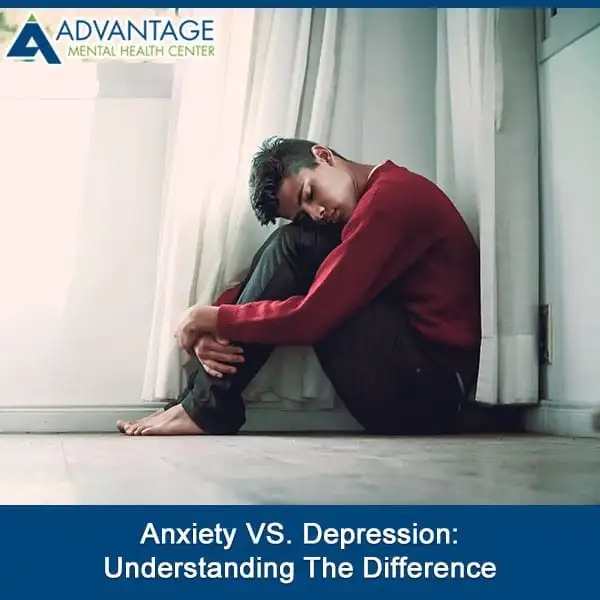The word depression is oftentimes lightly thrown around in conversations. While we may think that we’re depressed in a variety of different situations, oftentimes we’re mistaking it for sadness. The confusion starts with the fact that sadness is a symptom of depression. Since we associate both of these things together we find ourselves struggling to differentiate between the two.
The inability to make this differentiation here can lead to the neglect of a severe psychological issue. It can also make us overreact to a normal emotional state. Overusing the word to describe the emotional state is simplifying a major health disorder.
Understanding Sadness
Sadness is triggered by a specific adverse event or experience. Thus we become sad about something specific and it’s temporary. This is something everyone experiences occasionally throughout their lifetime. Things like crying, venting, and talking about the situation can help relieve the feeling of sadness.
Understanding Depression
This is a mental health disorder which means that it is an abnormal mental and emotional state of being. It affects how you think and feels about everything, making you feel numb or sad about everything. When this happens you’ll find that everything in your life will become much less enjoyable, interesting, and important. This means that those things which you once loved and had a passion for will no longer bring meaning or purpose to your life.
Unlike sadness, depression doesn’t have an underlying cause for it to happen. This is why you’ve probably heard someone tell you that they feel depressed for “no specific reason.” When someone looks at a person who’s feeling depressed it probably looks as though the person has their lives together – a good job, a supportive family, a great home. However, in reality, they’re masking their emotions. Truthfully, they may be struggling to get out of bed each morning. They may have issues with their relationships. They may find themselves feeling lonely. When it comes to their jobs, they may no longer feel a sense of purpose or satisfaction therein.
When someone is feeling depressed they’re impatient and quick to grow angry. This isn’t something you can snap out of. It isn’t a choice or a state of mind It’s a mental illness.
Psychologists use the Diagnostic and Statistical Manual of Mental Disorders (DSM-5) to help form a diagnosis for their patients. According to the DSM-5 for someone to be formally diagnosed with major depressive disorder (MDD) they must lose interest in almost everything for at least two weeks. They must also have at least 5 of the following symptoms:
● Sadness
● Recurrent thoughts of suicide
● A decrease in energy levels
● Feeling fatigued daily
● Changes in sleep patterns – either sleeping way too much or having issues with falling asleep
● Gaining or losing weight, leading to changes in weight
● Changes in appetite (e.g. eating too much or not enough)
● Feeling guilty or worthless
● Having problems concentrating
● Moving so slowly that others notice
Treating Sadness vs Treating Depression
Given some time, it’s possible to overcome sadness. You can find happiness in other aspects of your life – things you’ll want to take some time to engage in when you’re feeling sad. On the other hand, treating depression requires both talk therapy and medication. Typically selective serotonin reuptake inhibitors (SSRIs) are used. These medications have some side effects so you must talk to your healthcare provider before you start taking them.
When it comes to talk therapy, cognitive-behavioral therapy (CBT) is the typical approach that’s taken. This will take some time. However, when you’re ready to start heading down the path to healing and you live in Clearwater, FL, or the Tampa Bay area, make sure you reach out to the Advantage Mental Health Center and schedule an appointment for yourself to talk to a therapist today.
Picture Credit: Unsplash


